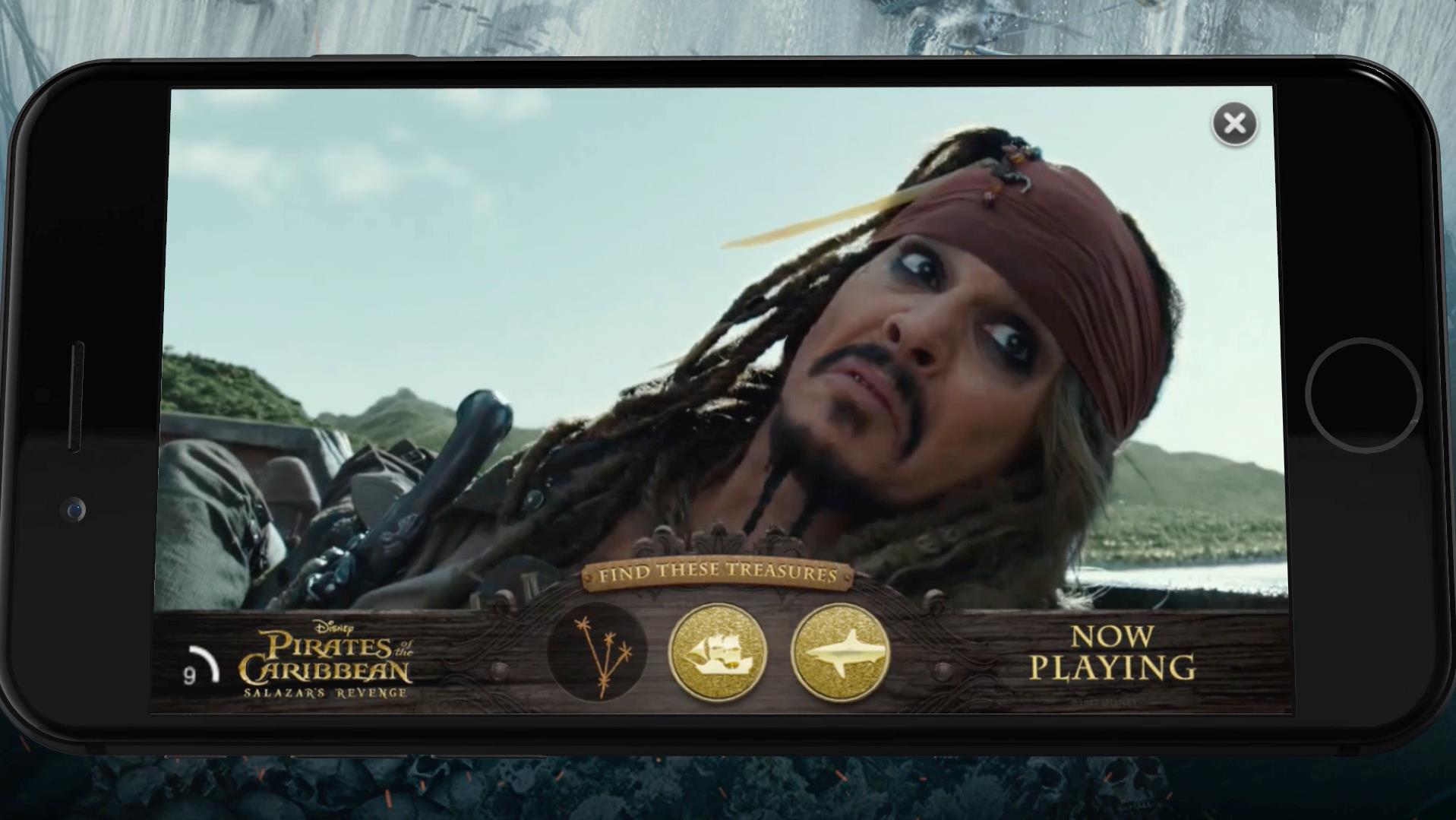How Disney delivered immersive storytelling to engage audiences on mobile
For the latest Pirates of the Caribbean: Dead Men Tell No Tales mobile campaign, Disney took the traditional trailer to a whole new level.
by Staff Writer

Sign In
Trouble signing in?
